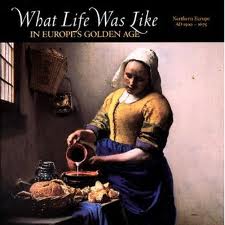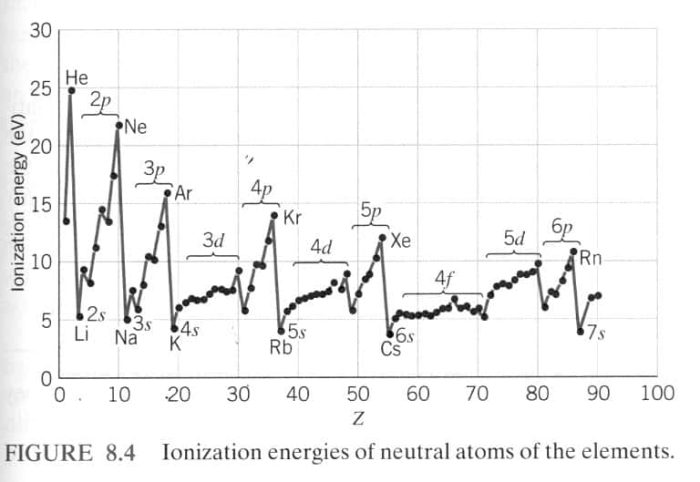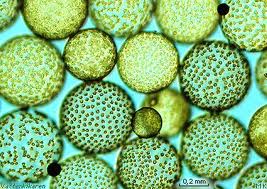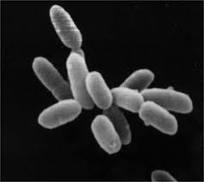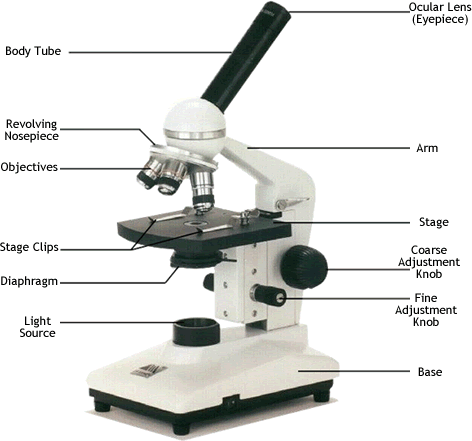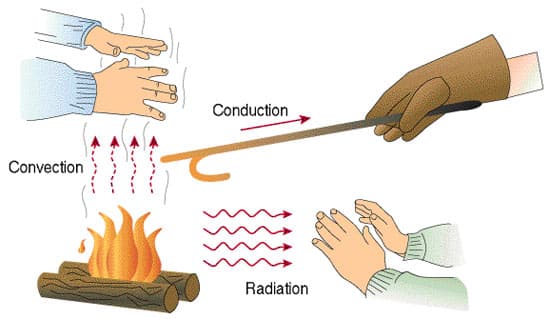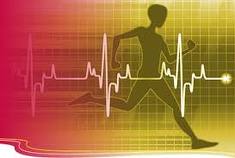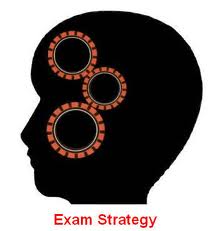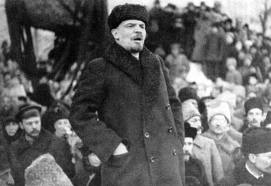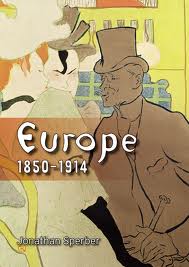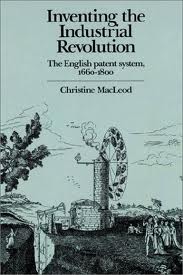William completed his Bachelor of Science and Master of Arts in 2013. He current serves as a lecturer, tutor and freelance writer. In his spare time, he enjoys reading, walking his dog and parasailing.
Article last reviewed: 2022 | St. Rosemary Institution © 2010-2025 | Creative Commons 4.0
Europe was just beginning to emerge from the medieval period. Historians define the medieval period from 410 CE (the fall of Rome) to the beginning of the Renaissance (c.1450 CE) POLITICS Western Europe was a myriad of small states. Ancient Roman laws were mixed with local practices. Most states were ruled by absolute monarchs. Most…
Radioactive elements have a half-life. Half-life occurs naturally in some of the radioactive elements while it could be artificially stimulated in some other elements. The half life of any given element is the time that is required for one half of the sample to decay. For example: If you have 10 grams of a radioactive…
IE is related to the energy required to remove an electron from an atom. If an element has more than one electron to be removed, it will have more than one ionization Energy (IE) The first ionization energy is defined as the energy required to remove the outer most electron from a neutral atom in…
of Protists: Eukaryotic Most unicellular, some multicellular Some have a cell wall, some do not Some are motile, some are not Some have pigments, some do not Many different feeding methods (phototrophic, heterotrophic, etc.) Most aerobic No complex sex organs – no embryos Lack specialized features of fungi, animals and plants Classifying Protists: Three groups,…
Bacteria are prokaryotic and unicellular (although some join together to form colonies or link up in chains). When people think of bacteria, they immediately think of diseases – but disease-causing bacteria only make up a small fraction of all bacteria. Bacteria play an important role in ecosystems (decomposers, nitrogen fixation), and in edible products (cheese,…
Organisms in Archaea live in extreme conditions, such as: Very hot (hot springs, volcanoes, sea floor vents) Very cold Acidic Alkaline Salty High pressure All Archaea are prokaryotic and live in anaerobic conditions (no oxygen) … they obtain the energy they require from inorganic molecules or from light. Originally, organisms from the Archaea were classified…
Always start on low power with a clean slide. The stage of the microscopes should be down as low as possible. Centre the slide so the specimen is underneath the objective lens. Use the Coarse adjustment knob to obtain a general focus. You will be slowly raising the stage until a focus is achieved. Use…
All things are made up of molecules. When things get heated, they absorb heat energy. With more energy, molecules are able to move faster, and when molecules move faster, the temperature rises. What is Thermal Energy Transfer Thermal Energy Transfer Definitions & Examples Conduction Convection Convection is the transfer of thermal energy through the movement…
SOME MAJOR BENEFITS A larger, stronger, and more efficient heart muscle Decrease in your resting heart rate Increase in your VO2max Healthier blood vessels Increase in the number of capillaries in muscle and lungs Increase in blood volume and red blood cell (RBC) count Decrease in low density lipoprotein (LDL) and increase in high density…
NUTRITION The study of the nutrients in foods and of the body’s handling of them. This includes ingestion, digestion, absorption, transport, metabolism, interaction, storage, and excretion. FOOD Material containing nutrients taken into the body for the maintenance of life and the growth and repair of tissues. NUTRIENTS Substances obtained from food and used in the…
THE PRINCIPLE OF INDIVIDUALITY (aka INDIVIDUAL DIFFERENCES) Any training program must take into account the specific needs and abilities of the individuals for whom it is designed -we are not created equal with respect to adapting to exercise training -heredity plays a major role; except for identical twins, no 2 people have the same genetic…
The study of the mechanisms by which the body functions Anatomy was the forerunner of physiology Study how our organ systems, tissues, cells, and molecules within cells work and how their functions are integrated to regulate our internal environments Exercise physiology The study of how our bodies’ structures and functions are altered when we are…
Up until the age of 12 to 14 (approximately the stage of puberty) boys and girls do not differ significantly in height, weight, girth, bone width, or skinfold thickness. PHYSIOLOGICAL RESPONSE TO ACUTE EXERCISE Neuromuscular responses Females: 40-60% weaker in the upper body 25-30% weaker in the lower body 5-15% weaker in lower body strength…
For human beings, the more we perform almost any skill, the better we become at it. In addition, as we physically grow and develop, our ability to master increasingly complicated skills is enhanced. Motor Learning the process by which a person develops, through a combination of physical and psychological factors, the ability to perform a…
VERBAL-COGNITIVE STAGE The task is completely new to the learner First problem: verbal and cognitive -identify the goal -evaluate performance -look at the what, when, and how of the skill -figure out what to do and generate an attempt -self talk: demands a lot of attention which prevents processing of simultaneous activities What can help…
Pre-Revolutionary Russia Up until 1905, Czar Nicolas II had managed to contain the forces of change The failure of Russia in the Russo-Japanese war increased the general desire for reform Bloody Saturday in 1905 only led to more protests in both the cities and the countryside With the army tied up fighting the Japanese, the…
Imperialism In The Nineteenth Century A significant shift occurred in the second half of the nineteenth century. After 1870 and even more dramatically after 1885, there was a remarkable increase in the European acquisition of colonial territories in the South Pacific, Asia, and Africa In 1870, about 10% of Africa had been colonized, whereas by…
The Rise of the Nation-State Political leaders driven to consolidate power By 1871 the process of consolidation and unification had created modern Germany and Italy, altering the balance of power The struggle between states for land and wealth occurred primarily outside Europe through imperialism The process of expanding a nation’s territory through the acquisition of…
The social changes brought about by the Industrial Revolution were significant The Industrial Revolution brought with it an increase in population and urbanization, as well as new social classes The poor living conditions in the towns can be traced to: Lack of good brick, the absence of building codes, and the lack of machinery for…
The introduction of liberalism in the 18th century meant a new age in British politics, which continued through the Industrial Revolution Gladstone (Liberal) and Disraeli (Conservative) were two of the most influential political leaders of the late Industrial Revolution Both advocated reform of social structure; as a result, some of the more productive governments came…

